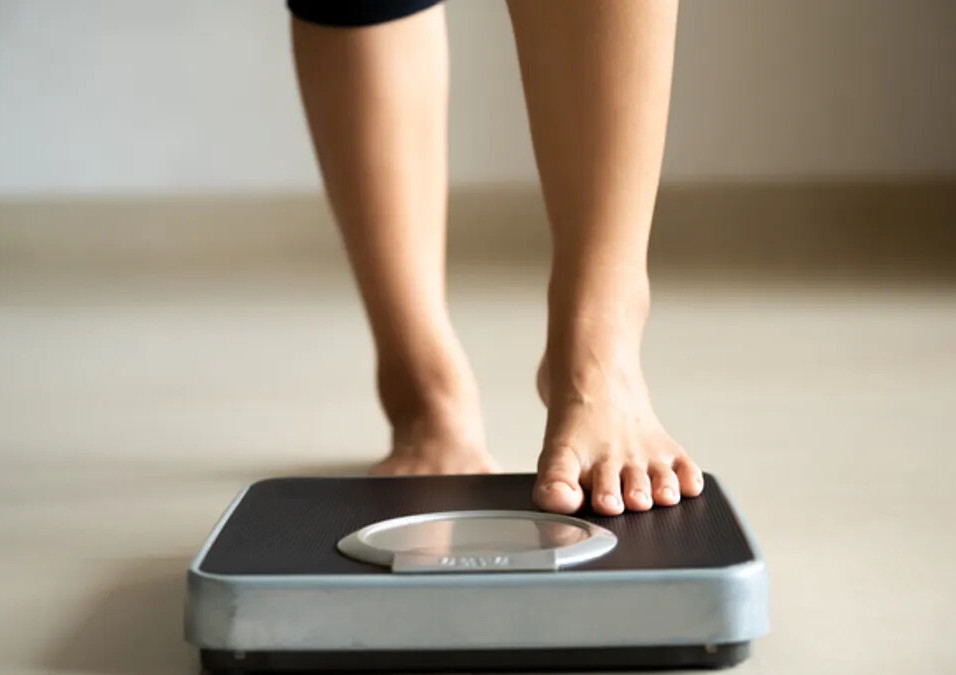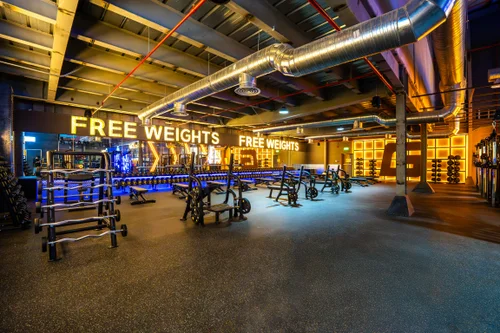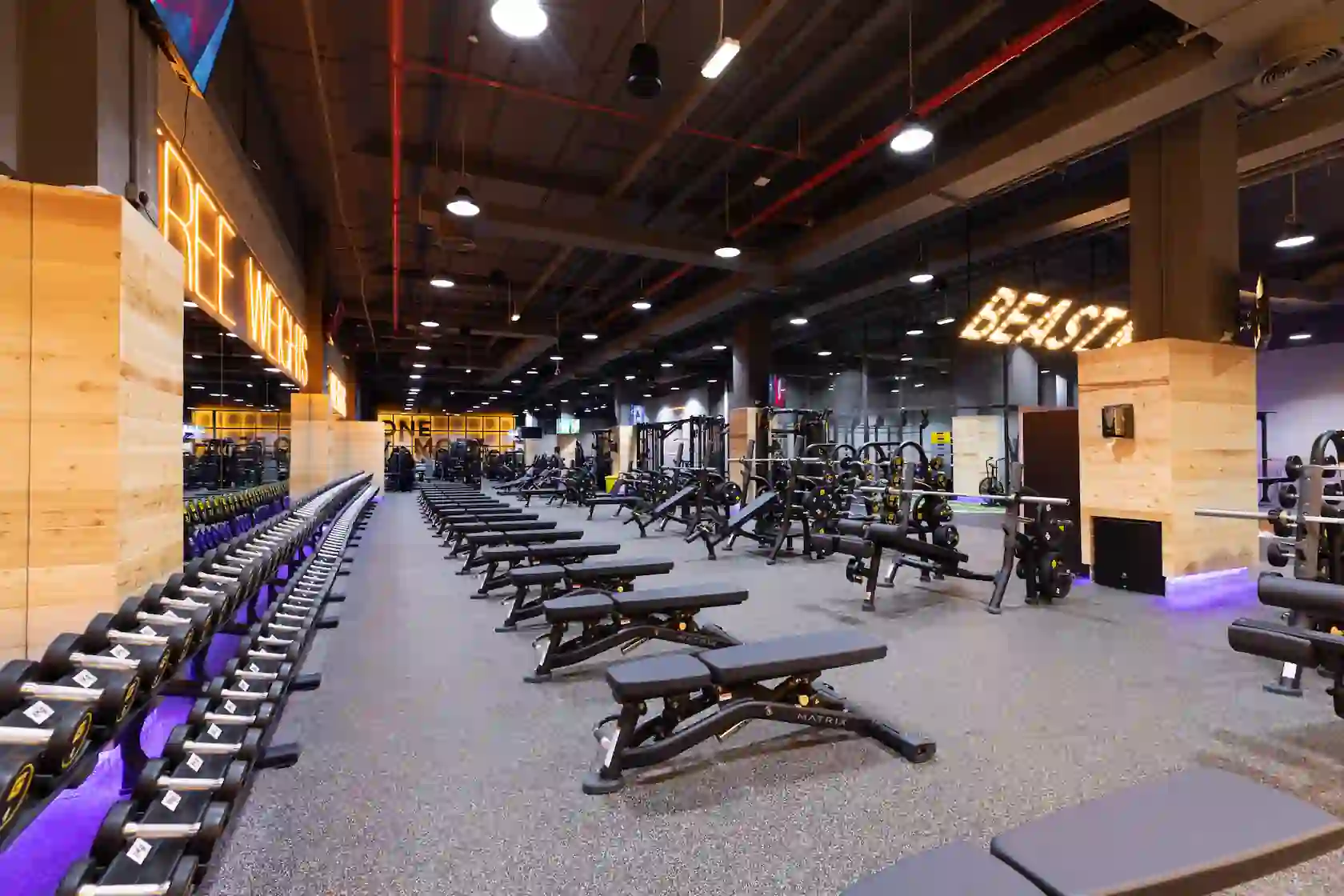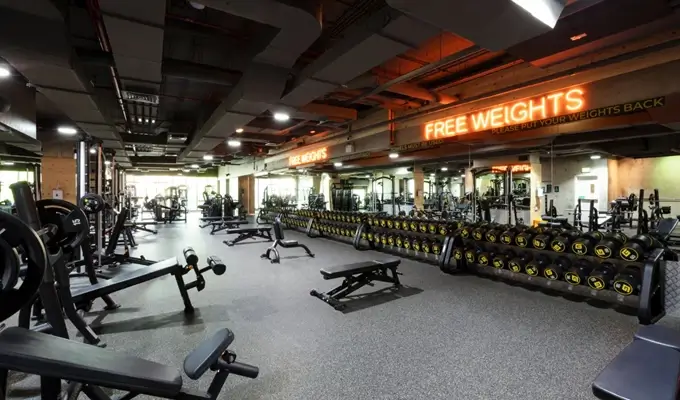Best Time to Weigh Yourself

SIGN UP FOR YOUR FREE DAY PASS TODAY!
Whether you're aiming to shed a few pounds or seeking workout motivation, accurately tracking your weight is crucial for monitoring your progress.
Inaccurate weigh-ins can lead to discouragement, causing you to give up before reaching your fitness goals.
However, remember that the number on the scale isn't the ultimate measure of your health.
If you have a positive relationship with weighing yourself, it can provide valuable insights into your progress towards your overall health objectives.
Alternatively, you might choose to focus on body recomposition rather than just the number on the scale.
With that in mind, here are some essential tips on how and when to weigh yourself to ensure consistent results.
Looking for More Health Tips?
Check out our guides on incorporating more fruits and vegetables into your diet and the benefits of eating more carbs.
Best Time to Weigh Yourself
For the most precise reading, weigh yourself first thing in the morning. Do this after using the restroom and before eating breakfast or drinking water.
Experts recommend morning weigh-ins because your body has had time to digest everything from the previous day, leaving your stomach relatively empty.
Worst Time to Weigh Yourself
While there's no "worst" time to weigh yourself, it’s best to avoid weighing in after activities that could temporarily affect your weight.
This includes eating a large meal or drinking a lot of liquid, which can cause temporary weight gain.
Similarly, avoid weighing yourself after exercising, as you'll weigh less due to water loss from sweating.
For those who menstruate, it's advisable to avoid weighing in during the days leading up to your period, as hormonal changes can cause weight fluctuations.
It's normal for your weight to fluctuate throughout the day and from day to day. If you notice sudden changes in your weight and are concerned, consult your doctor.
Tips for an Accurate Reading
To ensure you get an accurate reading each time you weigh yourself, follow these tips:
- Weigh yourself once a week at the same time of day.
- Place your scale on a solid, flat surface.
- Stand barefoot on the scale with your weight evenly distributed between both feet.
- Wear minimal or no clothing for consistency.
When to Stop Weighing Yourself
If you find that weighing yourself is negatively impacting your life, it might be time to stop. Consider ditching the scale if you experience:
- Negative thoughts triggered by weigh-ins.
- Unsafe or unhealthy habits related to weighing yourself.
- Regular anxiety or sadness after weighing yourself.
- An eating disorder, whether currently experiencing, recovering from, or previously had one.
By following these guidelines, you can make weighing yourself a useful tool in your health and fitness journey without letting it control your wellbeing.
Source: cnet
The opinions shared in the GymNation blog articles are solely those of the respective authors and may not represent the perspectives of GymNation or any member of the GymNation team.
GET YOUR FREE TRIAL TODAY





























































































